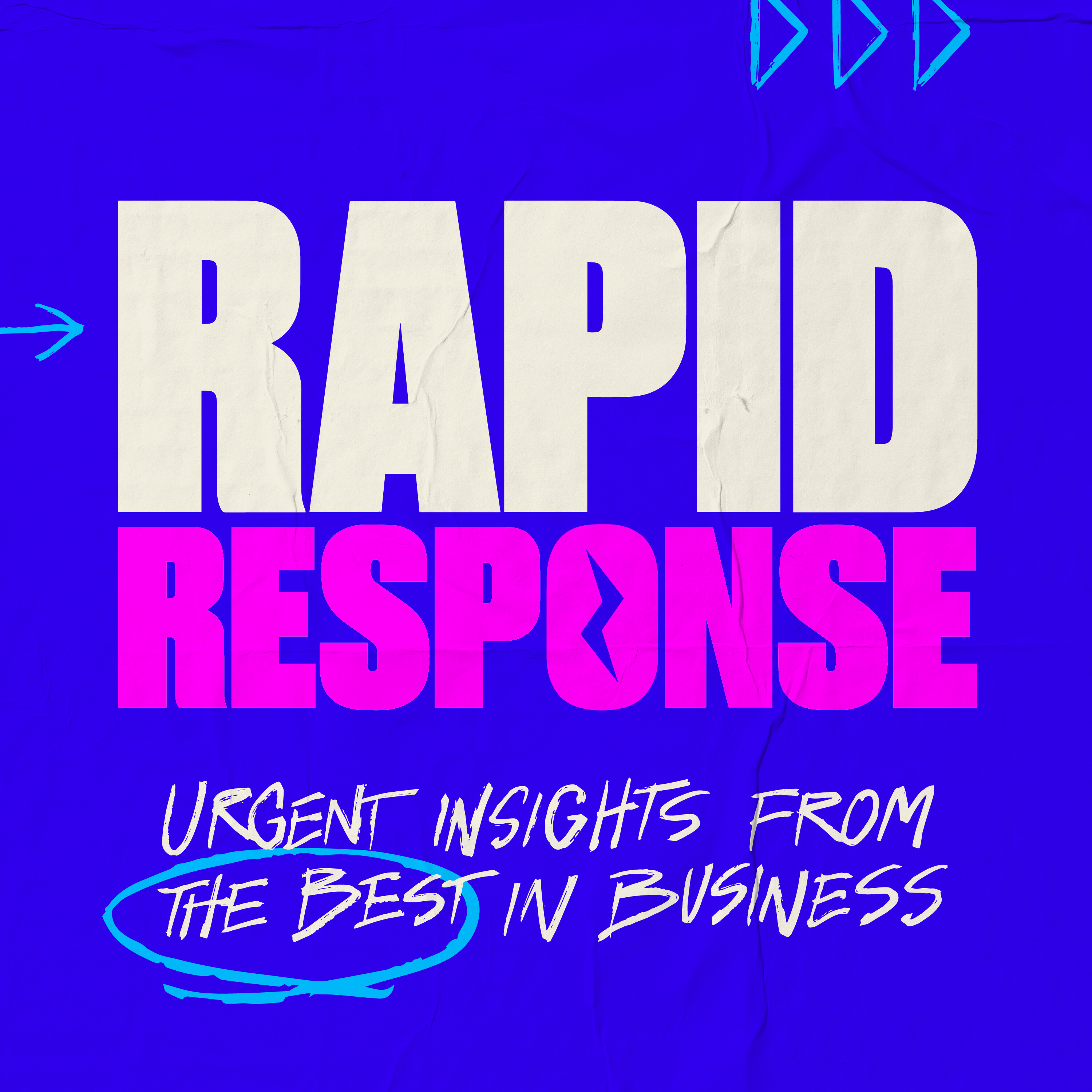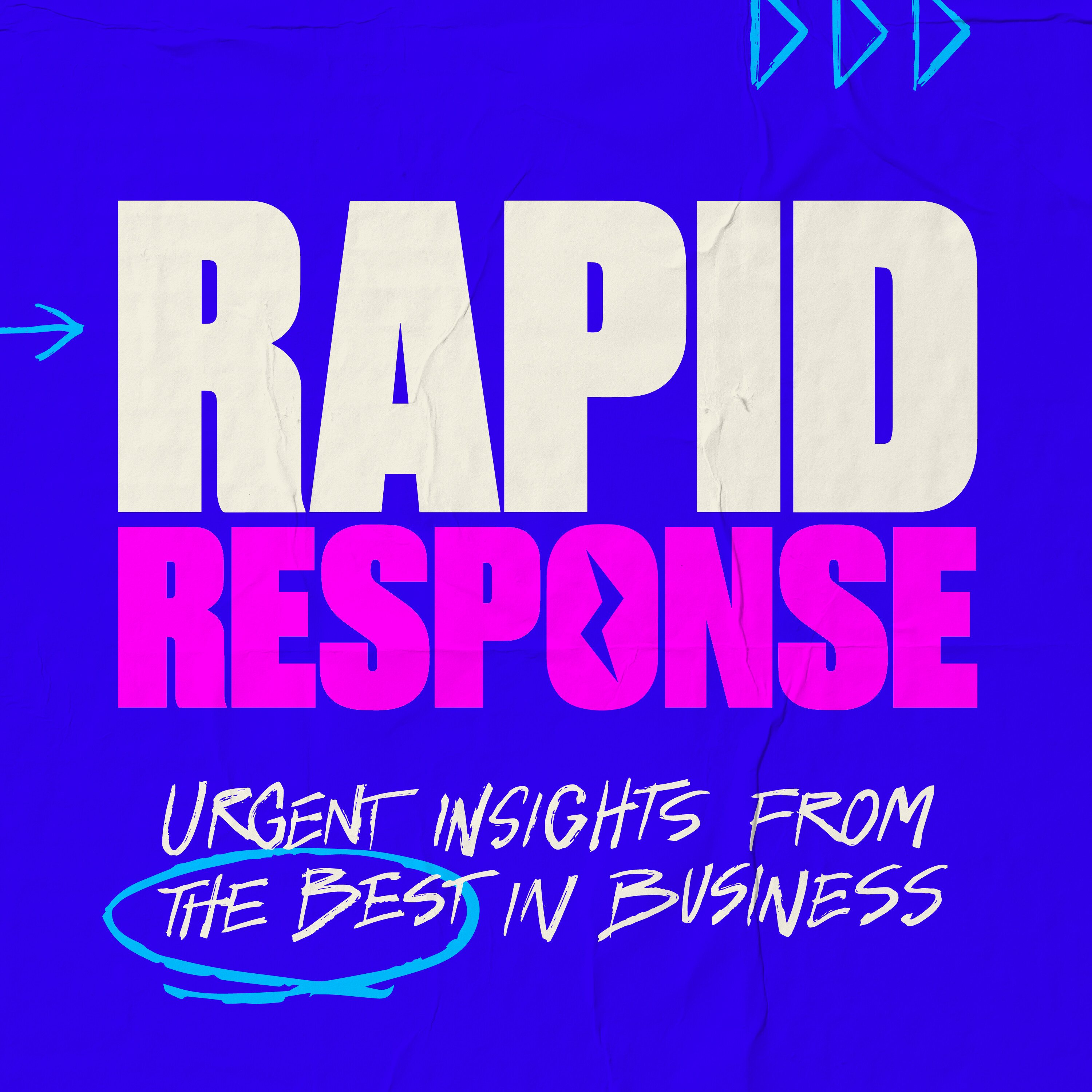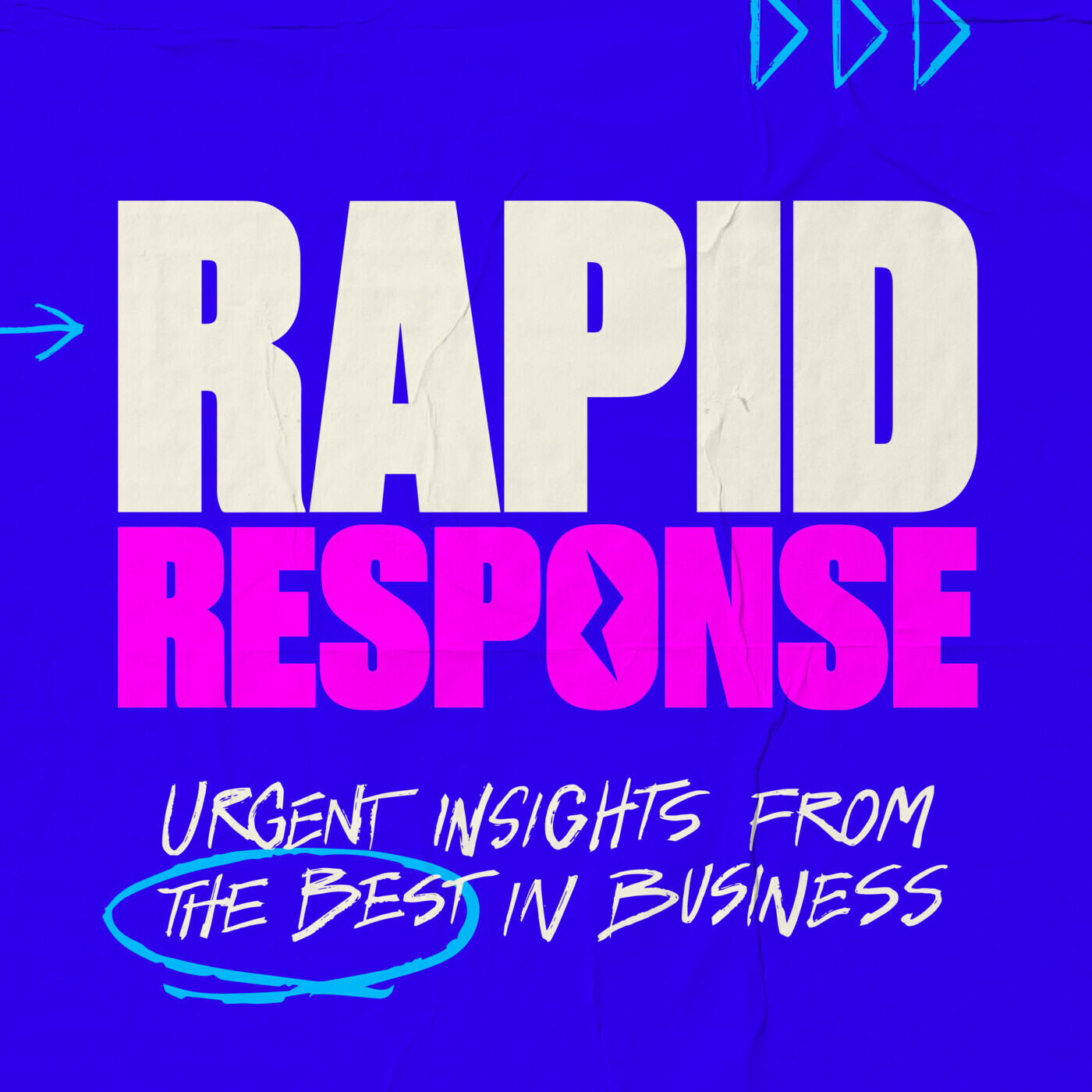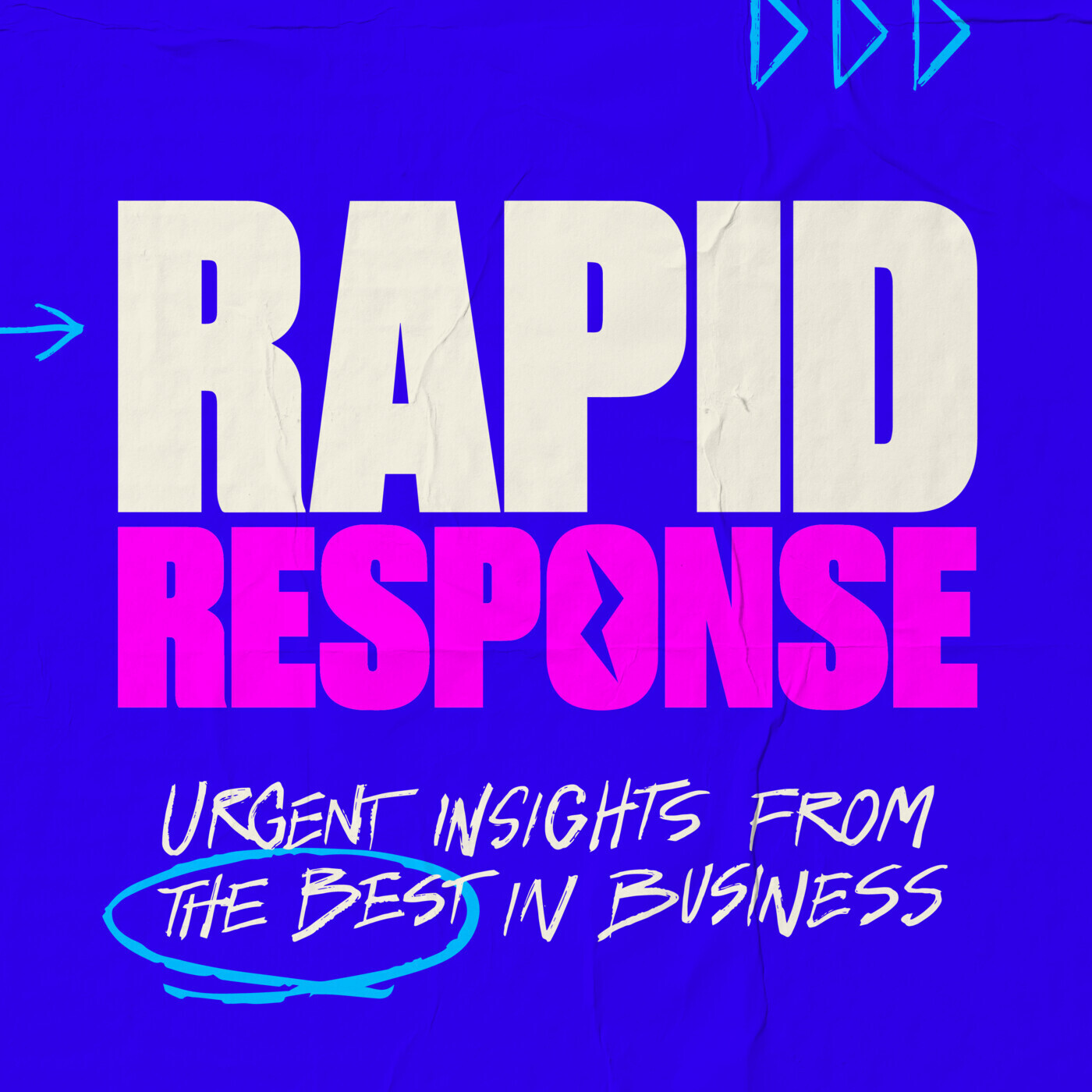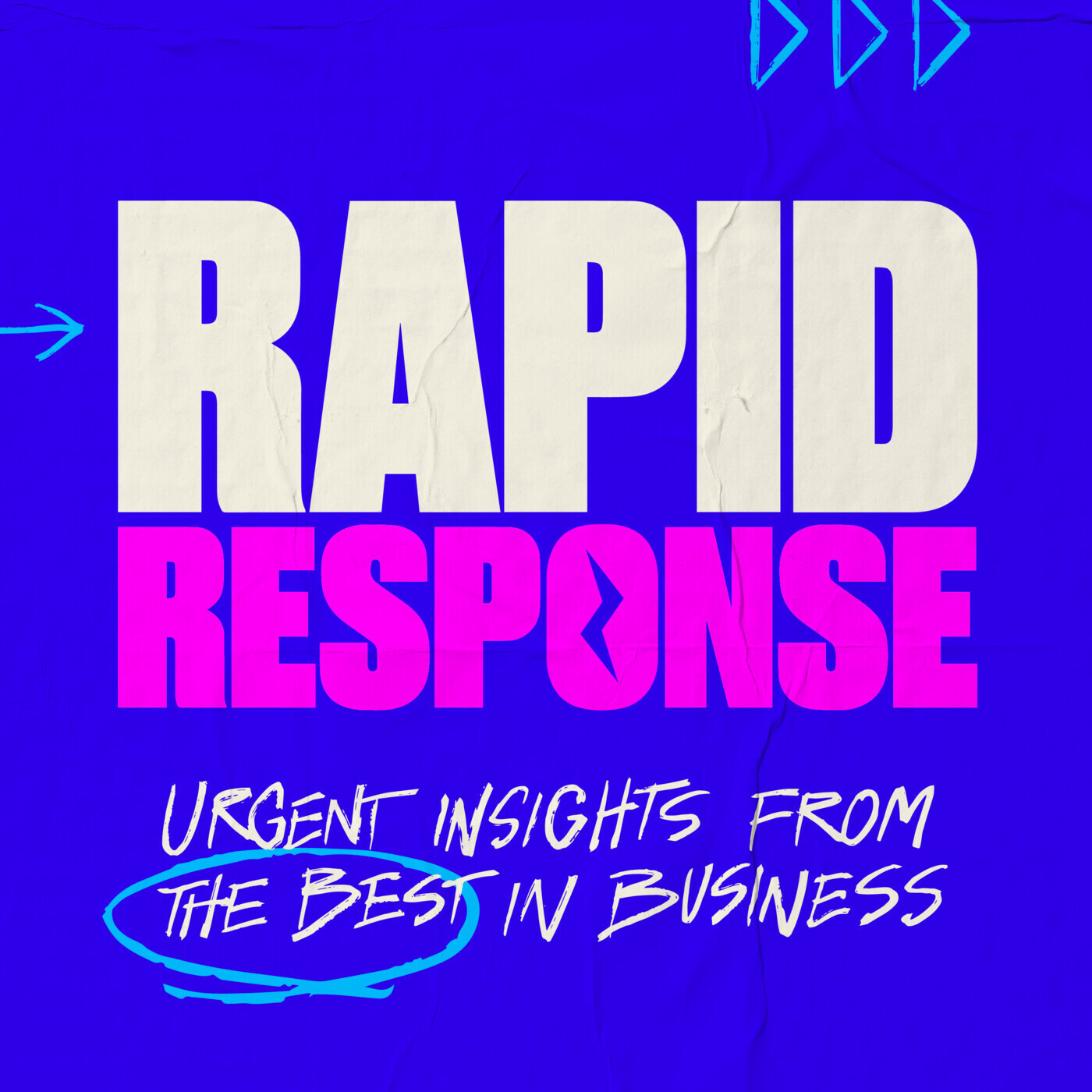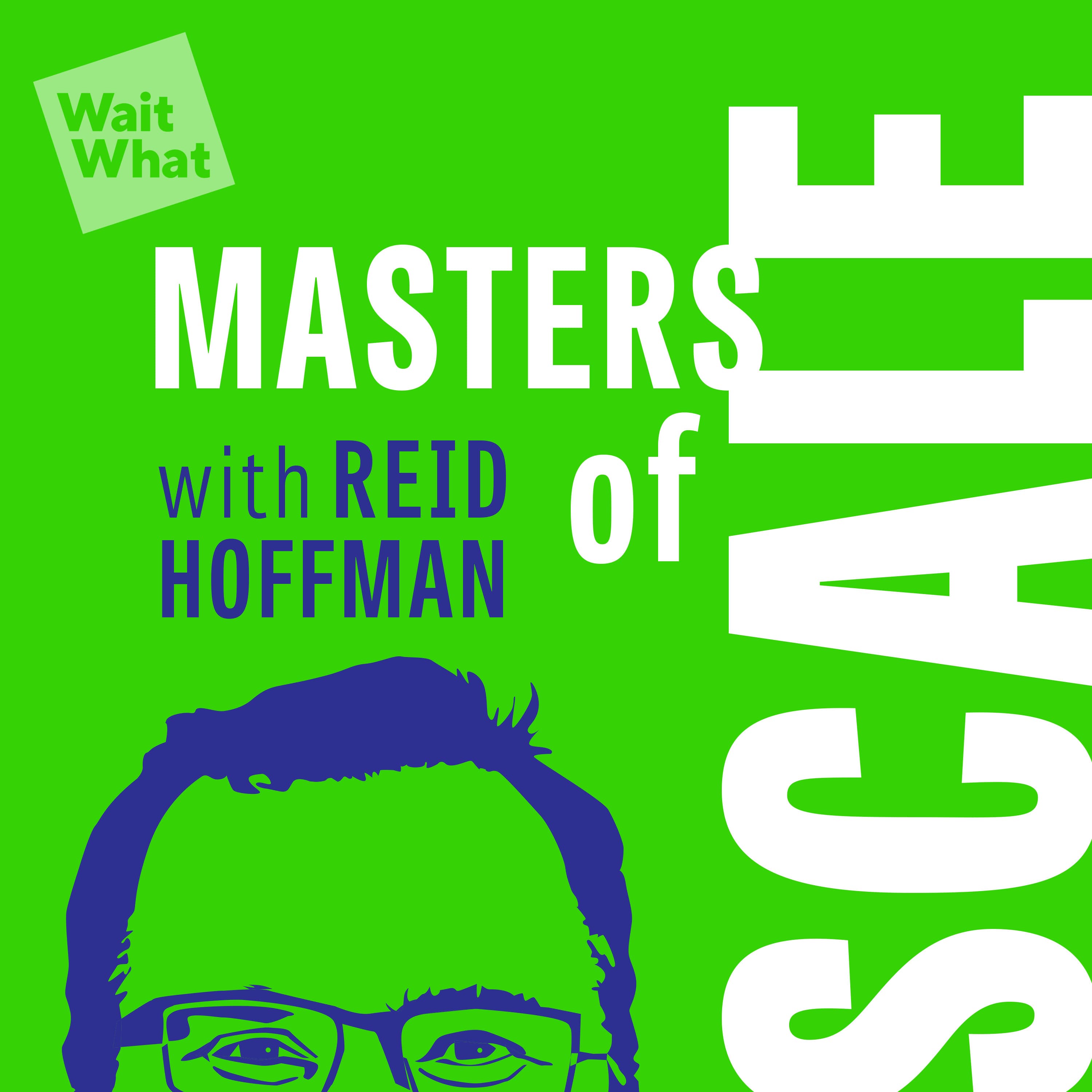
January 23, 2025 • 20min
Scaling solutions for the climate crisis with Vinod Khosla
Masters of Scale

Key Takeaways
- The Climate Change Solution: Only a dozen "instigators" (entrepreneurs) are needed in a dozen key areas to solve the climate crisis
- AI's Future Impact: AI will make most expertise freely available, potentially displacing up to 80% of current jobs within 20 years
- Technology Optimism: Khosla advocates for "techno-optimism with care and caring" - combining technological advancement with safety and inclusiveness
- Economic Growth: AI and technological advancement could increase GDP growth from 2% to 5%, leading to an era of abundance
- Human Element: Despite AI advancement, certain irrational and emotional decisions will remain uniquely human
Introduction
This episode features Vinod Khosla, founder of Sun Microsystems and Khosla Ventures, in conversation with Jeff Berman at the 2023 Masters of Scale Summit. Khosla, a prominent tech investor and entrepreneur, shares his perspectives on solving climate change, the future of AI, and technological innovation's impact on society.
Topics Discussed
The Instigator Thesis for Climate Change (02:33)
Khosla introduces his theory that only a dozen key innovators in specific areas are needed to solve the climate crisis. He distinguishes between climate change and sustainability:
- Climate Change Focus: Specifically about carbon emissions
- Key Areas requiring innovation:
- Electric vehicles
- Aviation fuel
- Plant proteins
- And approximately 9 other major emission areas
- "If we solve them, we will mostly have solved the climate crisis or the carbon emissions crisis. If we don't, it doesn't matter what else we do," states Khosla
Examples of Successful Instigators (04:30)
Khosla highlights several examples of successful instigators who have already made significant progress:
- Elon Musk: Transformed the electric vehicle industry
- Pat Brown: Advanced plant protein solutions
- Bob Mumgaard: Pioneering fusion energy at Commonwealth Fusion
- "Without him [Elon Musk] we would be on a very different path, dependent on General Motors and Volkswagen Ford to ship electric cars," notes Khosla
Progress and Timeline (06:37)
Khosla provides an optimistic outlook on climate solution implementation:
- Current Progress: 8 out of 12 key areas have scientifically sound efforts underway
- Timeline Projection:
- By 2030: Most areas will have solutions
- 2030s: Initial deployment and scaling
- Beyond: Capability to build thousands of plants annually
AI's Role in Climate Solutions (07:47)
Khosla discusses AI's potential impact on climate solutions while cautioning against overreliance:
- Current Limitations: Many AI climate change approaches address minor problems
- Significant Applications:
- Materials design
- Plasma control in fusion
- AI scientists for creative problem-solving
Healthcare Innovation (10:06)
Khosla extends his instigator thesis to healthcare innovation:
- Innovation Pattern: Major breakthroughs typically come from entrepreneurs, not large institutions
- AI in Healthcare:
- Drug discovery and design
- Personalized medicine
- Primary care expertise
- "I postulated that all expertise will be free," Khosla explains regarding AI's impact on healthcare
The Future of AI and Expertise (13:35)
Khosla presents his vision for AI's impact on professional expertise:
- AI Capabilities will match or exceed human expertise in:
- Primary care medicine
- Mental health therapy
- Oncology
- Structural engineering
- Sales and marketing
- Timeline: Significant disruption expected within 15 years
Human Elements and AI Limitations (18:44)
Khosla acknowledges areas where human involvement will remain essential:
- Irrational Decisions: Many important life choices are and should remain emotional rather than rational
- Human Preferences: People will continue to value human-made items and experiences
- "We make most decisions rationally except the most important ones," Khosla notes
Societal Impact and Future Vision (19:56)
Khosla outlines his vision for society's technological future:
- Job Displacement: Expects 80% of current jobs could be done by AI within 20 years
- Economic Growth: Predicts GDP growth increase from 2% to 5%
- Abundance Era: Believes technological advancement will create sufficient resources for universal basic standard of living
- "People work on the things they want to work on, not the things they have to work on to support their family," envisions Khosla
Conclusion
Vinod Khosla presents an optimistic vision for addressing major global challenges through targeted entrepreneurial innovation. His instigator thesis suggests that a small number of innovative entrepreneurs can drive transformative change in climate technology, healthcare, and other sectors. While acknowledging AI's disruptive potential, he emphasizes the importance of maintaining human elements in decision-making and advocates for a balanced approach to technological advancement that considers both safety and social inclusion.
